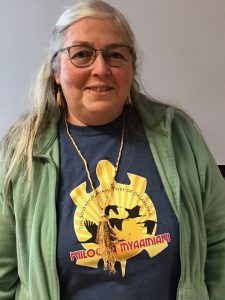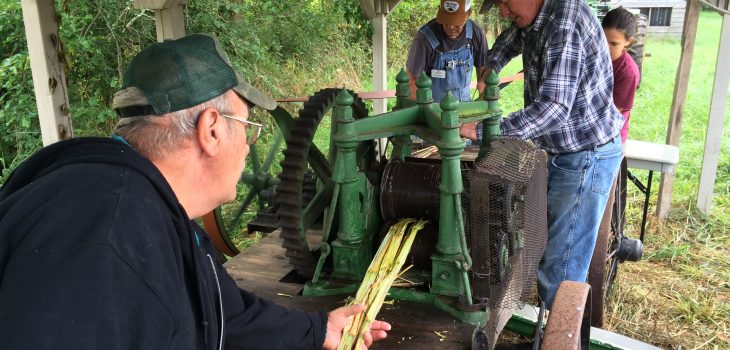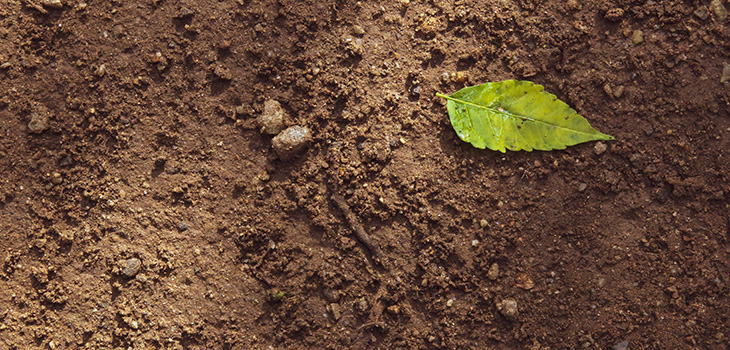 For Dani Tippmann, corn is part of the family. Historically, the kernels were ground into flour, the cobs were used to make jelly and the corn silk could be smoked or made into a tea that is cleansing for the kidneys.
For Dani Tippmann, corn is part of the family. Historically, the kernels were ground into flour, the cobs were used to make jelly and the corn silk could be smoked or made into a tea that is cleansing for the kidneys.
“It’s not just that we take care of the plants; the plants take care of us, too,” she told listeners during a presentation at Merry Lea’s second annual Seed Swap held at Goshen College on January 18.
Tippmann is a member of the Miami Nation of Oklahoma and the director of the Whitley County Historical Museum. Her talk on the plant traditions of the Miami was one of several opportunities available to the gardeners, growers and plant enthusiasts browsing nearly 20 tables tables featuring seeds and gardening resources at the swap.
According to Dani, the Miami nearly lost their unique variety of corn. Loss of land and forced removal in the 1840s sent part of the Miami to Kansas and later Oklahoma. While the women who left took their seeds with them, the Indiana-bred corn did not grow well in Oklahoma. The Miami who remained gradually stopped planting it as well.
The variety survived thanks to one woman who preserved several ears on her fireplace mantle as a decorative item. The seeds lay dormant for over 50 years. In recent years, the Miami language and culture have been revitalized and people of Miami descent are reclaiming their culture. Recognizing the shift, the woman decided it was time to plant the corn again. She distributed the seeds to other Miami people she knew. Despite long storage under less than ideal conditions, every seed sprouted.
“That corn wanted to be there for us,” Dani concluded.
Dani also brought samples of other plants that are part of Miami culture, such as tobacco, acorns, hazelnuts and walnuts. For the Miami, tobacco was a form of communication with God. Only men could grow tobacco. Black walnut husks were used as a dye and acorns were ground into flour.
Retaining traditions in contemporary times requires adaptation and creativity. Dani’s method for preparing acorns is one example. Before the acorns can be ground into flour, they must first be soaked in flowing water. Dani’s method is to place them in a mesh bag in the tank of the toilet where clean water is constantly flowing in and out.
For information on upcoming public programs, see Merry Lea’s events page.



